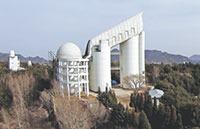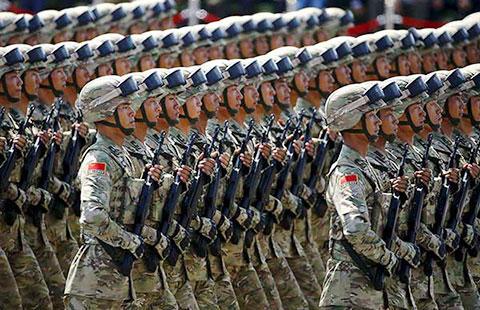Regions to tackle pollution
By Xinhua (China Daily) Updated: 2016-01-04 07:55
Beijing, Tianjin and Hebei province will work together to address water pollution through the construction of a unified water monitoring network by the end of 2017.
The three areas in northern China will improve their water monitoring systems, warning mechanisms, information sharing and emergency response to prevent water pollution, under a plan the Beijing city government released last week.
Beijing, Tianjin and Hebei are working toward integrating their industries, transportation networks and measures to curb pollution so they can achieve balanced, coordinated development.
To ensure water quality, Beijing will work with Zhangjiakou and Chengde, two cities in Hebei, to protect water sources and restore the natural environment along the major river courses and to clean up pollution in rivers and reservoirs.
The plan also orders the heightened monitoring, testing and evaluation of water quality at sources, treatment plants and taps to ensure quality from beginning to end.
It also requires that information on drinking water be made public this year and promises more detailed disclosure by 2018.
To control groundwater pollution, the capital will close 76 landfills and 1,143 wells, trace pollution in underground water and begin restoring polluted aquifers in 2019.
- Hanoi protest over test flight rejected
- PLA 'needs to boost its readiness'
- Govt mulls making retirees pay health insurance
- Watch this space: Telescope releases mass of data
- Beijing to work with neighbors to improve water quality
- China steps up crackdown on food and drug safety crimes
- Phones and drones - China's risk-takers who rule the world
- Rescue work continues to reach trapped miners
- China's 2nd aircraft carrier totally different from Liaoning
- Structural reform to power China's stable growth: Finance minister







